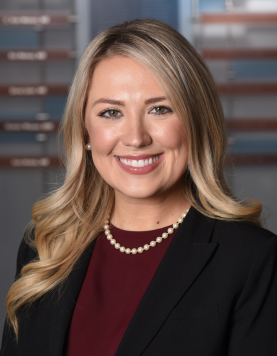It is advised to seek a diagnosis before seeking treatment with bracing. All bracing should be undertaken in consultation with your child or teen’s doctor. While many brace varieties are available without a prescription, they should only be used once an accurate diagnosis has been made, a treatment program has been developed and the proper brace prescribed and fitted. Poor-fitting braces or the wrong type of brace can lead to additional pain, misuse or disuse of the brace. Save money and time and learn more about bracing and when to see a specialist below.
purpose of bracing
It is important to know the purpose of a brace. Will it prevent future problems? Will it improve standing, walking or other activities? Does it help with pain or swelling? Knowing the purpose of the brace, and how important that purpose is in your overall goals for your child or teen, will help you determine the overall value of bracing.
There are four general good reasons for bracing:
- Bracing after surgery
- Bracing for function, such as bracing the ankles to allow standing or walking
- Preventative bracing
- Corrective bracing, such as serial casting to straighten a wrist or ankle
When deciding whether or not to brace, ask yourself the following questions:
- Does the brace improve my child or teen’s function?
- Is this brace necessary to prevent future injury, pain or suffering?
- Are we seeing any benefit from this brace?
- Does this brace cause my child or teen’s additional discomfort?
- Is the brace so difficult to use that it is not being worn?
- Does the brace interfere with my child or teen’s sleep, activities or quality of life?
- Does the brace help with return to sports or activities?
- Does the brace eliminate current pain or other discomfort?
when to see a specialist
If you say no to one or more of the above questions, you may need to seek medical advice with a specialist or if your child or teen is experiencing any of the following symptoms:
- “popping” or “clicking” sounds
- Swelling
- Bruising
- Unable to put weight on the body part
- Pain without injury
- Not good strength; weakness
An orthopedic specialist can help decide the proper diagnosis and treatment which may or may not include bracing. Not seeking proper medical advice initially can delay care and end up costing you more money and time.












